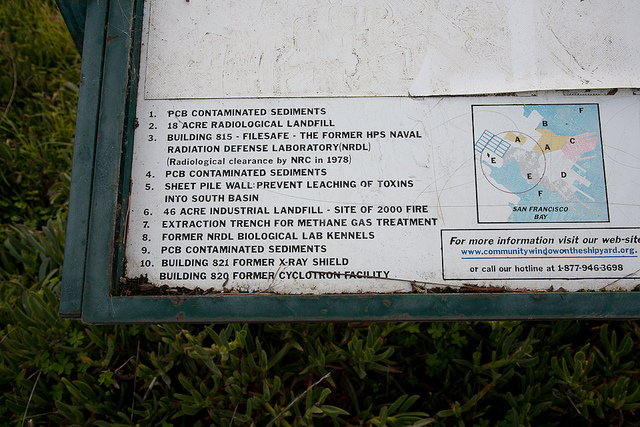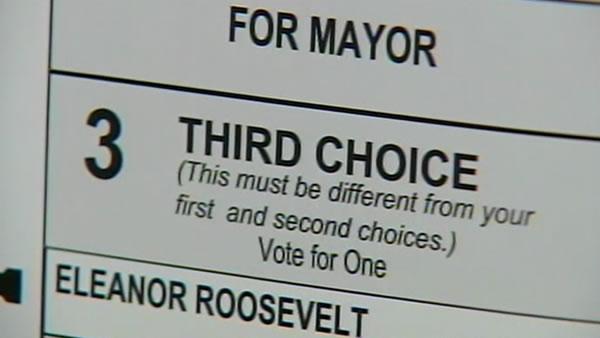U.S. President Barack Obama’s electoral success using social networking and the Internet is being mirrored in other parts of the world by candidates and nonpartisan democracy advocates. Mauricio Funes, front runner in El Salvador’s March 15 presidential elections, has a Facebook page where his friends can keep tabs on his campaign doings and post messages of support — and where Funes himself is said to write on his followers’ walls, urging them to “vote for change.” [Editor’s note: The Washington Post is reporting that Funes has won the Salvadoran election.]
In Chile, political candidates have sometimes had a hard time connecting with their supporters, in part because the country’s vast territory make on-the-ground campaigning difficult.
Now, The Santiago Times reports that the two major candidates for president in Chile both have Facebook pages, it is the center-right candidate, Sebastian Pinera, who is more effectively tapping into Facebook, Flickr, Fotolog, Twitter and YouTube. Meanwhile, his center-left opponent, former President Eduardo Frei, is stepping up his digital pace with a political Facebook page that features YouTube videos of his everyday activities. In India, however, it’s not the candidates but nonpartisan interest groups who are leading the technological charge to advance the democratic process.


